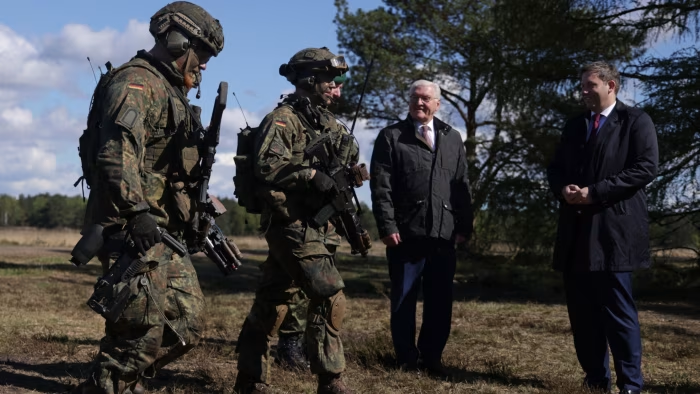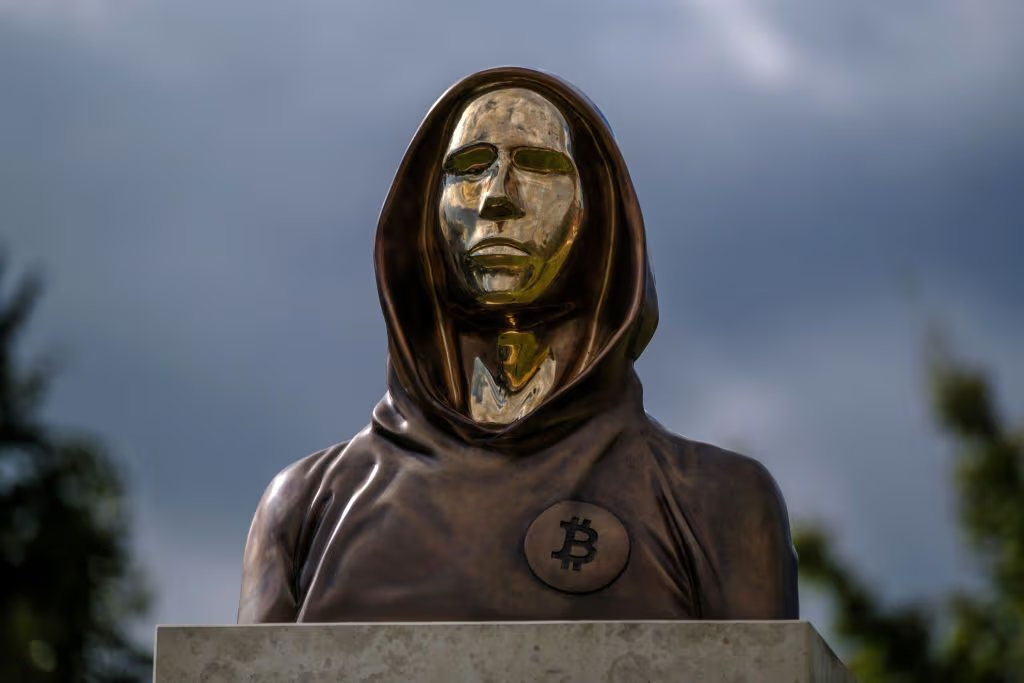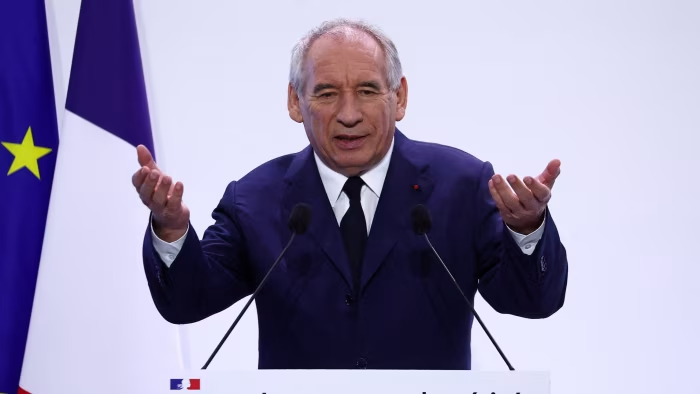⚖️ Germany’s Social Democrats Face Mutiny Over Russia Policy

Headline: SPD grapples with internal revolt as veterans push back on defense expansion and rapprochement with Moscow.
Subheadline: At the party’s upcoming congress, centrist leader Lars Klingbeil confronts resistance from SPD old‑guard calling for détente and peace-first policies, reviving tensions rooted in the Brandt-era legacy.
1. Rising Tensions at SPD Congress
On the eve of the SPD party congress, growing dissent has emerged over Germany’s stance toward Russia and upcoming defense spending plans. Leader and Vice‑Chancellor Lars Klingbeil is under pressure from veteran members opposed to what they view as militarization and a departure from traditional SPD pacifist values.
2. Notable Opposition Signatories
Prominent voices include Peter Brandt, historian and son of former Chancellor Willy Brandt, and ex‑parliamentary leader Rolf Mützenich, alongside over 120 SPD members. They co-signed a manifesto urging:
- A gradual return to détente and dialogue with Russia
- A halt to plans for a 70% defense spending increase by 2029
- Confidence‑building measures, not a new arms escalation.
Mützenich expressed surprise at the intense backlash, stressing that his criticism comes from principle—not support for Putin—and defending his continued faith in diplomacy.
3. Klingbeil’s Counterargument
Klingbeil defends the necessity of the defense budget hike, citing the rise in Russian aggression since 2022. He invokes Willy Brandt’s own record, noting the need for realistic security while adapting SPD policy for modern conditions.
4. Historical Legacy vs. Realpolitik
The rift highlights deep SPD fault lines:
- A strong peace ethos dating back to the post‑war and Cold War eras
- A pragmatic pivot following Russia’s invasion of Ukraine, marked by Schulz’s “Zeitenwende”.
The faction pushing détente remains significant—though not dominant—with nearly 58% of members from the Brandt generation still influential.
5. Coalition & Parliamentary Implications
The dissidence complicates Klingbeil’s plans, particularly as the SPD holds only a thin parliamentary majority. Internal rebellion could stall passage of crucial legislation on military spending, defense policy, and even proposals for conscription.
🔎 Editor’s Perspective
| Issue | Insight |
|---|---|
| Party Identity Crisis | SPD is torn between its Cold War peace heritage and new security realities. |
| Geopolitical Stakes | Russia’s ongoing aggression demands robust defense planning—but SPD’s old guard seeks diplomatic balance. |
| Leadership Test | Klingbeil must unify a divided party to pass defense reforms critical to coalition stability. |
| Political Risk | A prolonged split could weaken both the SPD internally and the broader governing coalition. |
✅ Bottom Line
Germany’s SPD is at a crossroads: maintain its historical peace-oriented identity or embrace a hardline security stance against a resurgent Russia. With significant internal resistance and high-stakes policy decisions looming, Lars Klingbeil’s leadership is being severely tested. The upcoming congress will be decisive—not only for SPD unity, but also for Germany’s posture in a rapidly changing security environment.




